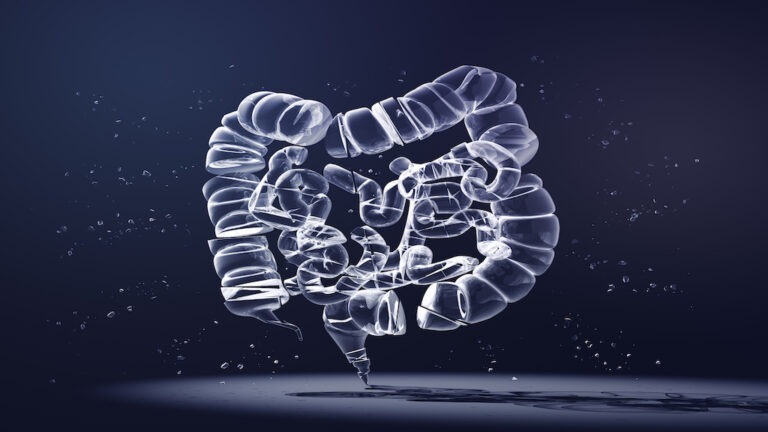Researchers Find Gut Microbiota and Mental Health Connection

Groundbreaking new studies are revealing the connection between gut health and mental health.
Researchers have known about the connection between the bacteria that live in your gut and the brain for some time, but when it comes to how closely they’re connected science has just scratched the surface. Now in a systematic analysis published in the journal Clinical Psychology Review researchers looked at 26 studies that assessed the role gut biology plays in anxiety and depression.
The findings showed people with anxiety and depression had different levels and types of microbes in their gut, compared to people without anxiety and depression. The digestive tract of people with anxiety and depression contained more pro-inflammatory bacteria species and had less of the type of bacteria that help regulate the central nervous system.
Watch more:
Study Finds Anti-Inflammatory Meds Are Causing Chronic Pain

A groundbreaking new study suggests that commonly used anti-inflammatory drugs and steroids may cause pain to become chronic. Could this lead to a dramatic paradigm shift in how pain is managed and prevented?
For the vast majority of people in acute pain, taking an over-the-counter anti-inflammatory, such as ibuprofen is the usual course of action. Inflammation has, for decades, been seen as a cause of pain and its control, the goal of patients and doctors. A new study suggests, however, that inflammation may actually be necessary to prevent pain from becoming chronic.
Given today’s overwhelming prevalence of chronic pain — pain that persists for more than three months — scientists have lately been turning their focus to studying the process by which acute pain transitions into more lasting and debilitating pain.
Researchers at McGill University recently completed a study in which they observed this process, using several methods. First, they looked at patients with lower back and facial pain.
Upon analysis of their immune cell samples, the scientists were surprised to find that those whose pain resolved showed an intense spike in the activity of inflammatory genes during the acute pain stages, which then rapidly diminished within three months.




































